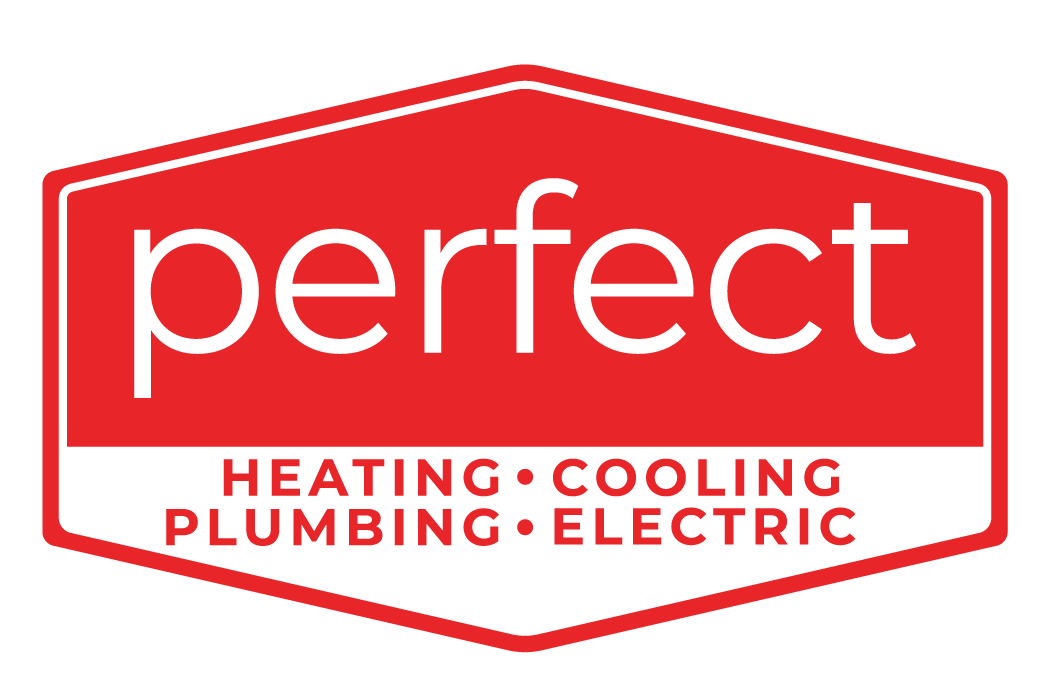
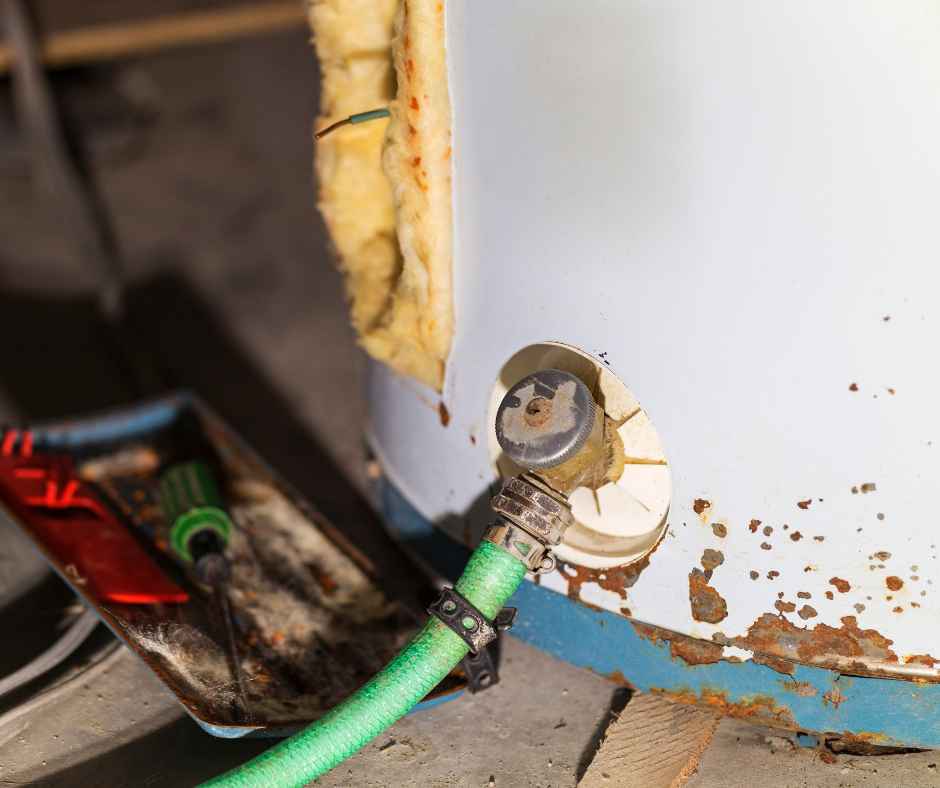
How Long Does a Water Heater Last?
April 10, 2025
A reliable water heater is essential for everyday comfort, providing hot water for showers, dishwashing, and laundry. But like any home appliance, water heaters don’t last forever. Homeowners often ask, “How long does a water heater last?” Understanding the lifespan of your unit and knowing when it’s time for a replacement can help you avoid unexpected cold showers and costly repairs.
Average Water Heater Lifespan
The lifespan of a water heater depends on various factors, including the type, maintenance routine, and water quality. On average, traditional tank water heaters last between 8 to 12 years. Tankless water heaters, on the other hand, can last up to 20 years with proper care.
While these general guidelines provide a rough estimate, several factors influence how long a hot water heater lasts. Regular water heater maintenance, timely water heater repair, and water quality all contribute to extending the life of your system.
Signs Your Water Heater Needs Replacement
While a well-maintained water heater can serve you for years, it will eventually show signs of aging. Here are some common indicators that it may be time to replace your unit:
- Inconsistent Water Temperature – If your water temperature fluctuates unexpectedly, your heater may be struggling to keep up with demand.
- Discolored or Rusty Water – Rusty or brownish water can signal corrosion inside the tank, which may lead to leaks.
- Strange Noises – Rumbling or banging sounds coming from your water heater could indicate sediment buildup, reducing efficiency and causing damage over time.
- Leaks Around the Tank – Visible water pooling around your unit suggests a leak, which can lead to major water damage if not addressed quickly.
- Age of the Unit – If your water heater is over 10 years old, it may be more cost-effective to replace it rather than continue repairing it.
Maximizing Your Water Heater Lifespan
To ensure your water heater lasts as long as possible, regular maintenance is key. Here are some tips to extend the life of your unit:
1. Flush the Tank Annually
Sediment buildup can reduce efficiency and cause premature wear on your water heater. Flushing the tank at least once a year removes these deposits and helps maintain performance.
2. Check the Anode Rod
The anode rod protects the tank from rust by attracting corrosive elements. Inspecting and replacing this rod every few years can prevent premature corrosion.
3. Adjust the Temperature Setting
Setting your water heater temperature to 120°F can prevent overheating, reduce energy costs, and slow down corrosion inside the tank.
4. Schedule Regular Water Heater Maintenance
Routine professional inspections help detect minor issues before they become major problems. Regular maintenance can significantly extend your water heater’s lifespan and improve efficiency.
5. Consider Water Quality
Hard water can accelerate mineral buildup inside the tank, reducing efficiency. Installing a water softener can help protect your system from excessive sediment accumulation.
When to Opt for Water Heater Repair vs. Replacement
When your water heater starts showing signs of wear, you may wonder whether a repair will suffice or if replacement is the better option. Here are some key considerations:
- If your unit is under 10 years old and experiencing minor issues such as a faulty thermostat or heating element, a simple repair may restore its function.
- If your water heater is over 10 years old and frequently breaks down, investing in a new unit can be more cost-effective than continual repairs.
- If your energy bills have increased, an aging or inefficient water heater may be the culprit. Upgrading to a new, energy-efficient model can save you money in the long run.
Choosing the Right Water Heater Replacement
If it’s time to replace your water heater, consider these factors when selecting a new unit:
- Tank vs. Tankless: Traditional tank water heaters store hot water and provide a steady supply, while tankless models heat water on demand, offering greater energy efficiency.
- Capacity: Choose a water heater size that meets your household’s needs to avoid running out of hot water.
- Energy Efficiency: Look for ENERGY STAR®-certified models to reduce energy consumption and lower utility bills.
- Fuel Type: Gas and electric water heaters have different operating costs. Consider your home’s existing setup and budget when making a decision.
Call Perfect Home Services for Water Heater Services
Understanding how long a water heater lasts and keeping up with regular maintenance can help you get the most out of your unit. If you’re experiencing problems with your water heater, addressing them early can prevent costly damage and ensure a steady supply of hot water.
Whether you need water heater repair or professional water heater maintenance, Perfect Home Services is here to help. Contact us today for expert service and reliable solutions to keep your water heater running efficiently for years to come.
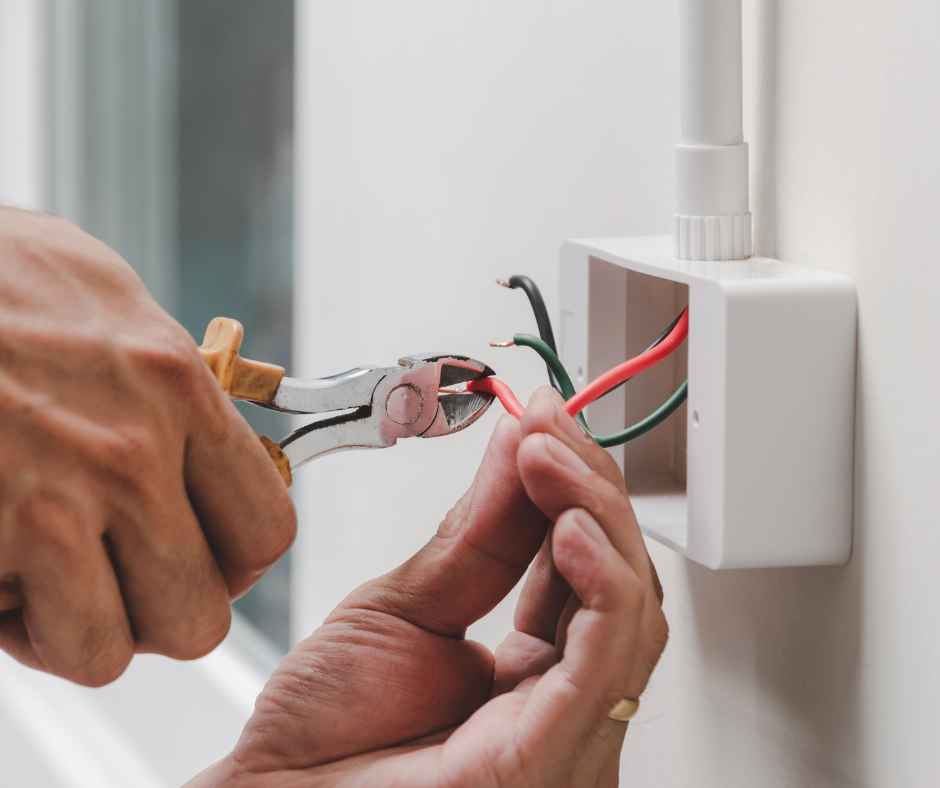
How to Troubleshoot Common Electrical Issues in Your Home
March 13, 2025
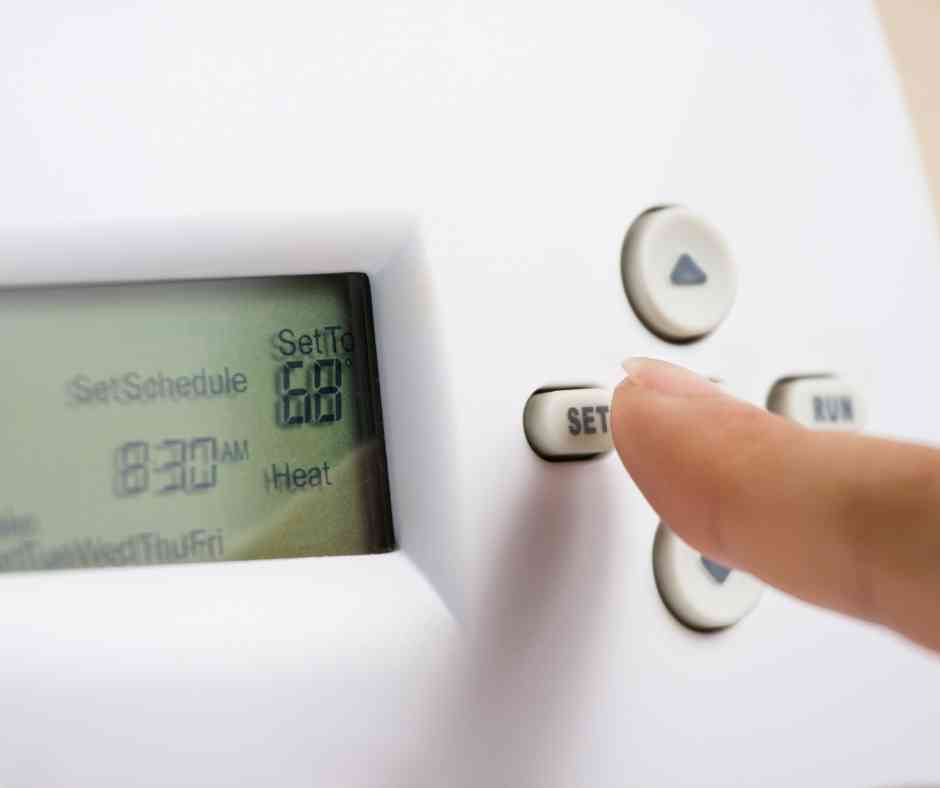
What Does Hold Mean on a Thermostat?
February 13, 2025
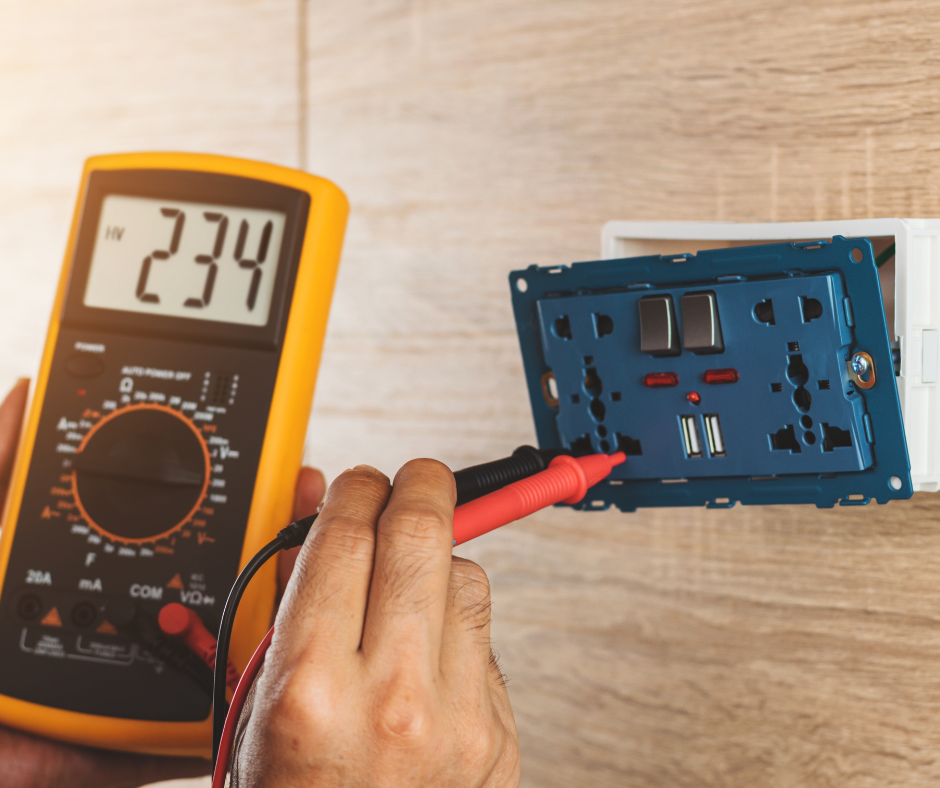
Home Electrical Inspection Checklist
January 6, 2025
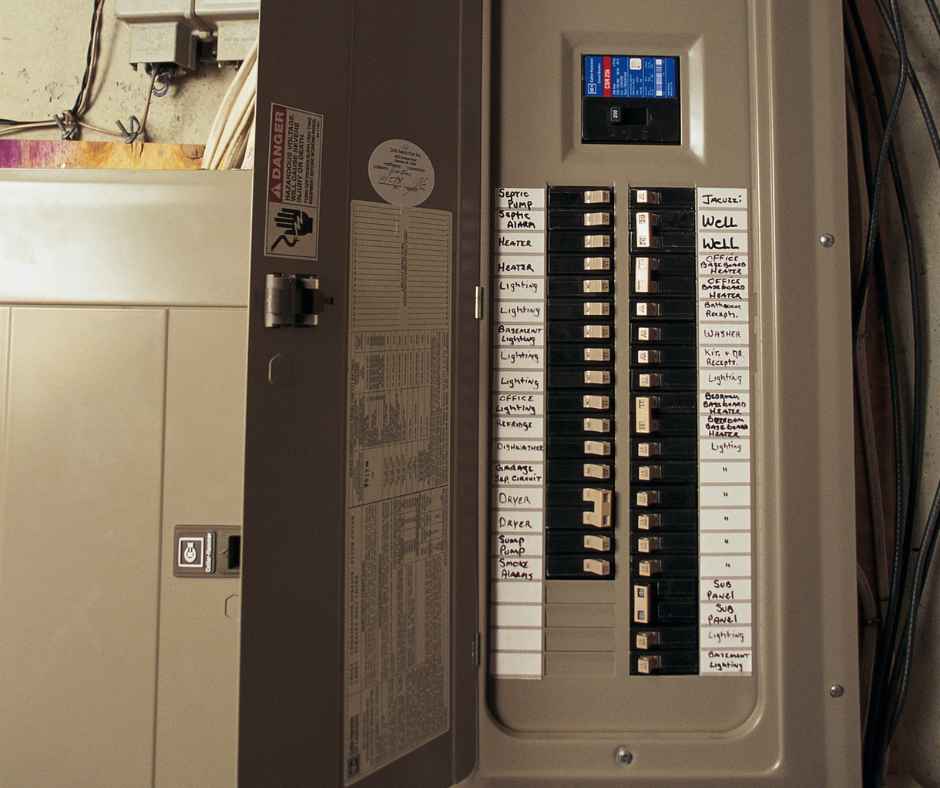
What Is An Electrical Panel?
December 12, 2024

How to Prepare Your Air Conditioner for the Aurora and Naperville Summers
April 18, 2024
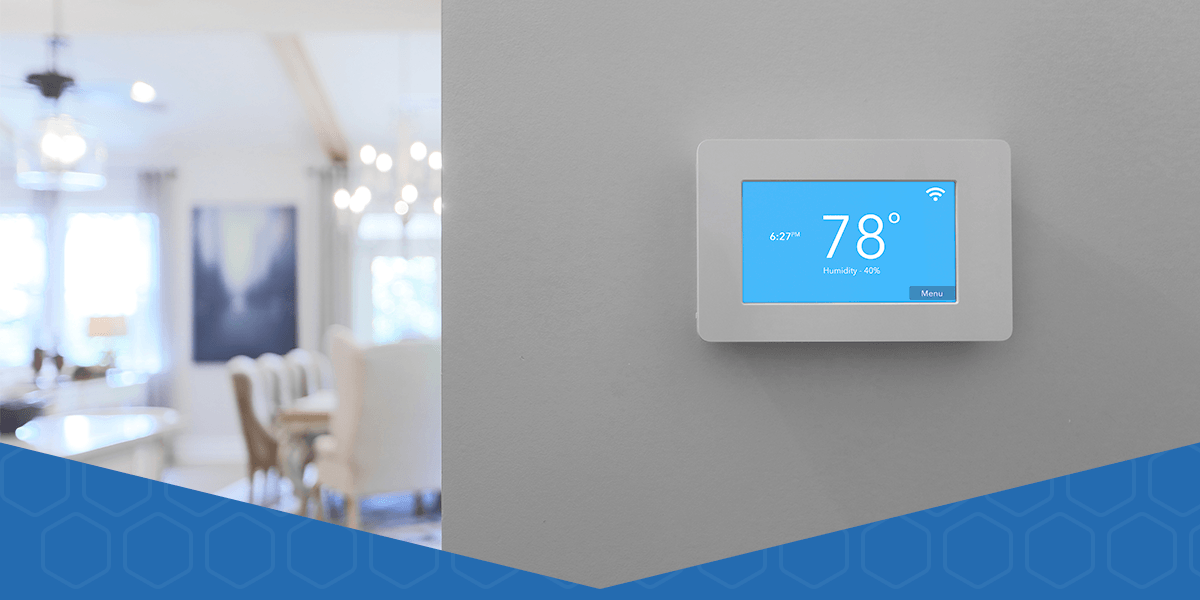
Guide to Smart Thermostats
March 14, 2024


